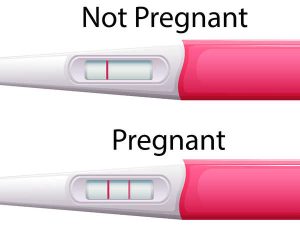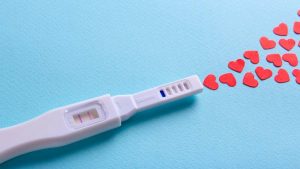If you are a woman who has thyroid issues and wants to get pregnant, you may wonder how your condition affects your fertility and what you can do to improve your chances of conceiving. Thyroid disorders, such as hypothyroidism (low thyroid function) or hyperthyroidism (high thyroid function), can interfere with ovulation, the process of releasing an egg from the ovaries each month. Ovulation is essential for fertility, as it allows the egg to meet the sperm and form an embryo.
One way to monitor your ovulation is by using fertility test kits, also known as ovulation predictor kits (OPKs). These are home tests that measure the level of luteinizing hormone (LH) in your urine. LH is a hormone that triggers ovulation, and it usually surges about 24 to 36 hours before an egg is released. By detecting this surge, OPKs can help you identify your most fertile days and time intercourse accordingly.
However, if you have thyroid issues, your LH levels may not be reliable indicators of ovulation. This is because thyroid hormones affect the production and regulation of other hormones involved in reproduction, such as follicle-stimulating hormone (FSH), estrogen, and progesterone. For example, hypothyroidism can cause high levels of FSH, which can lead to early ovulation or premature ovarian failure. Hyperthyroidism can cause low levels of FSH, which can lead to delayed or absent ovulation.
Therefore, if you have thyroid issues, you may need to use other methods to confirm your ovulation, such as basal body temperature (BBT) charting, cervical mucus observation, or ultrasound scans. You may also need to consult your doctor about adjusting your thyroid medication dosage or taking other medications to balance your hormones and stimulate ovulation.
Fertility test kits can still be useful for women with thyroid issues, as they can provide a general idea of when you are likely to ovulate and help you plan intercourse accordingly. However, they should not be used as the sole method of tracking your ovulation, as they may not be accurate or consistent for women with thyroid disorders. You should also seek medical advice if you have been trying to conceive for more than a year without success, or if you have other symptoms or risk factors that may affect your fertility.





